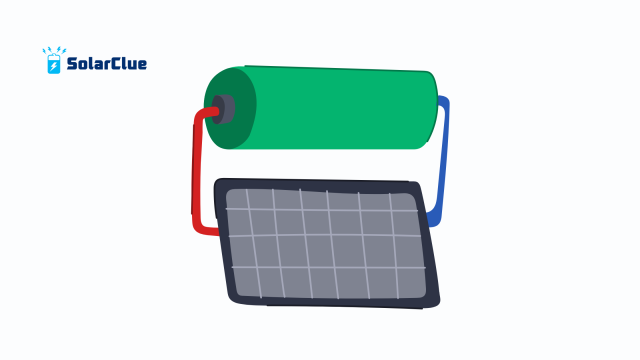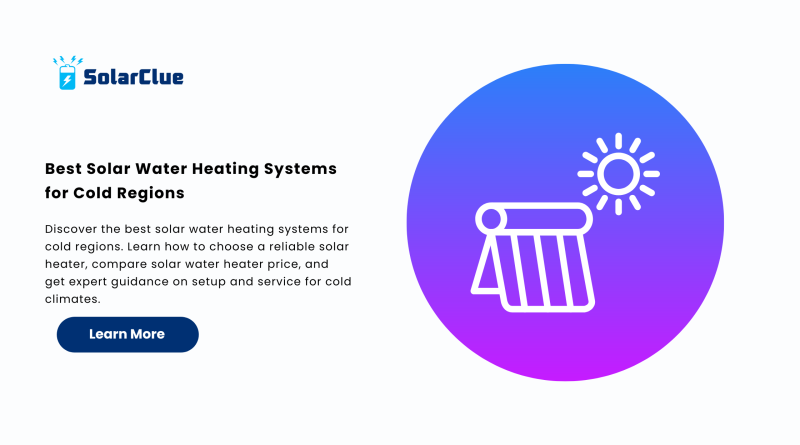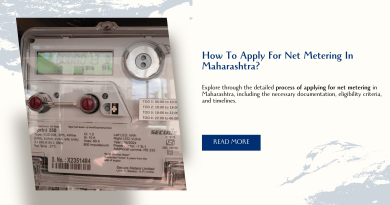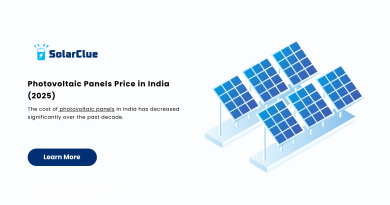Best Solar Water Heating Systems for Cold Regions
When we think about solar energy, sunny and warm climates often come to mind. But with the right technology, solar water heating systems can be highly effective even in cold regions. Whether you’re facing snow-covered roofs or freezing temperatures, solar solutions can still deliver hot water consistently—if you choose the right system. This blog covers everything you need to know about using solar water heating systems in cold regions, including benefits, installation tips, pricing, and maintenance.
Table of Contents
- 1 What Are Solar Water Heating Systems?
- 2 Why Are Cold Regions Challenging for Solar Heating?
- 3 Best Solar Water Heating System Types for Cold Climates
- 4 Choosing the Right Solar Heater for Cold Regions
- 5 Installation Tips for Cold Weather Conditions
- 6 Maintenance Tips for Winter Performance
- 7 Solar Water Heater Price: What Should You Expect?
- 8 Financial Incentives and Rebates
- 9 Real-World Case Study: Solar Heating in Cold Regions
- 10 Benefits of Solar Power in Cold Weather
- 11 Best Solar Water Heater Brands for Cold Climates
- 12 How to Find Reliable Solar Water Heater Service
- 13 Can Solar Water Heating Systems Replace Traditional Systems?
- 14 Future of Solar Heating in Cold Climates
- 15 Conclusion
- 16 FAQs
What Are Solar Water Heating Systems?
Solar water heating systems are designed to convert sunlight into heat to warm water for domestic use. These systems typically include solar collectors (flat-plate or evacuated tube), insulated storage tanks, and a fluid circulation mechanism. In cold regions, certain design adaptations help maintain system efficiency and protect components from freezing.
Why Are Cold Regions Challenging for Solar Heating?
Colder climates present specific challenges for any solar power system. These include reduced sunlight hours, low ambient temperatures, and snow accumulation. Additionally, water in pipes can freeze and cause damage if the system isn’t properly winterized. Fortunately, advanced designs and technologies are now tailored to perform well in such conditions.
Best Solar Water Heating System Types for Cold Climates
1. Active Closed-Loop Systems
These systems use a non-freezing heat-transfer fluid that circulates between the solar collector and a heat exchanger, warming the water without exposing it directly to freezing temperatures. It’s an ideal setup for extremely cold regions.
2. Evacuated Tube Collectors
These collectors are more efficient than flat-plate collectors in cold and overcast conditions. Their vacuum-sealed tubes reduce heat loss, making them one of the best solar water heater options for freezing climates.
3. Drainback Systems
Drainback systems automatically drain the heat-transfer fluid from the collector and piping into a reservoir tank when the pump turns off, protecting the system from freezing.
Choosing the Right Solar Heater for Cold Regions
Selecting a reliable solar heater requires careful consideration of your local climate and home requirements. Here are some key factors to evaluate:
-
Type of collector (Evacuated tubes are better for cold weather)
-
Capacity based on household size
-
Freeze protection features
-
Durability and material quality
-
Installation angle and location
Comparing different options also involves analyzing the long-term savings versus the solar water heater price. A higher upfront investment often results in better efficiency and fewer repairs in the future.
Installation Tips for Cold Weather Conditions
Proper installation is critical when using solar water heating systems in cold regions. Panels should face south for maximum sun exposure and be installed at an angle that minimizes snow buildup. Additionally, all pipes and tanks should be well-insulated to prevent heat loss. It’s best to work with certified professionals—platforms like SolarClue help you find experts familiar with your region’s specific needs.
Maintenance Tips for Winter Performance

Maintaining your solar water heater for home ensures longevity and efficiency, especially during winter. Here’s what to keep in mind:
-
Check antifreeze levels and refill when necessary
-
Inspect and replace pipe insulation if needed
-
Regularly remove snow from solar panels (when safe)
-
Schedule annual solar water heater service
These practices help your system maintain optimal performance and reduce the risk of winter damage.
Solar Water Heater Price: What Should You Expect?
The solar water heater price varies based on capacity, brand, technology, and the type of climate it’s built for. On average, systems designed for cold regions may cost more due to added insulation, freeze protection, and robust collectors. However, these systems often pay for themselves within a few years through reduced energy bills. For detailed pricing and options, explore the latest reviews and insights on blog.solarclue.com.
Financial Incentives and Rebates
Governments across the world offer various incentives to promote the use of renewable energy. These may include tax credits, rebates, or low-interest loans for installing solar power equipment. Check with your local authority or utility provider to see if you qualify for any financial support, which can significantly reduce your upfront solar water heater price.
Real-World Case Study: Solar Heating in Cold Regions
In regions like Himachal Pradesh and Leh-Ladakh, households have successfully implemented solar water heating systems using evacuated tube collectors and antifreeze loops. Despite extreme temperatures and snow, these systems provide consistent hot water, proving that proper equipment and setup can overcome environmental challenges.
Benefits of Solar Power in Cold Weather
Many people assume solar power is ineffective in the winter, but that’s a misconception. In fact, snow can reflect sunlight and sometimes enhance solar panel output. Also, modern solar water heaters can operate efficiently even on cloudy days. By pairing your system with a small electric backup, you ensure continuous hot water throughout the season.
Best Solar Water Heater Brands for Cold Climates
When shopping for the best solar water heater, choose brands with a proven track record in cold environments. Top manufacturers include:
-
Racold
-
V-Guard
-
Supreme
-
Havells
Look for features like high-grade insulation, antifreeze compatibility, and warranty coverage for cold weather performance.
How to Find Reliable Solar Water Heater Service
Routine maintenance and repairs should always be handled by certified professionals. Using platforms like SolarClue helps you connect with trusted technicians who specialize in solar water heater service. Regular check-ups not only extend the life of your system but also ensure it works efficiently during the coldest months.
Can Solar Water Heating Systems Replace Traditional Systems?
Yes, especially with advancements in hybrid systems that combine solar power and electric or gas backups. These systems ensure hot water is available even during prolonged cloudy spells, making them a viable year-round solution in cold regions.
Future of Solar Heating in Cold Climates
As technology evolves, we can expect even better performance from solar water heating systems in sub-zero temperatures. Research is focused on improving energy capture during low light and minimizing maintenance needs. These improvements will make solar heating even more practical for homes and businesses in colder areas.
Conclusion
With the right equipment and installation, solar water heating systems are not only feasible in cold regions—they can be incredibly effective. From cutting energy bills to reducing carbon emissions, the advantages are clear. Just ensure you’re investing in the right technology, considering regional factors, and maintaining the system well.
Ready to switch to a more sustainable lifestyle? Explore options at SolarClue.com and dive into detailed insights at blog.solarclue.com. Your journey to efficient, eco-friendly heating—even in the coldest climates—starts now.
Experience winter warmth powered by the sun – only at SolarClue.
FAQs
1. Can solar water heaters work in snowy areas?
Yes, especially if you choose systems with evacuated tube collectors and freeze-resistant designs.
2. Are solar heaters expensive to install in cold regions?
They may have a higher upfront cost, but long-term savings and government incentives make them a wise investment.
3. How often should I maintain my solar water heater?
At least once a year, or before winter, to ensure optimal performance.
4. Which collector is best for cold weather?
Evacuated tube collectors perform best in low temperatures and cloudy conditions.
5. Can a solar water heater be my only hot water source in winter?
Yes, especially when paired with an electric backup or hybrid heating system.




